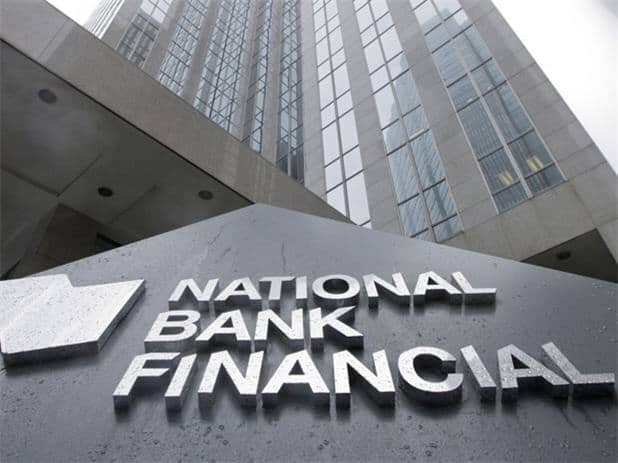
A proposal currently in front of Vancouver City Council would see it establish a venture capital fund to aid a sector it sees as “diffuse, poorly connected and relatively risk-averse” and suffers from a lack of access to capital.
The plan would see the Vancouver Economic Commission budget increased in 2015, 2016 and 2017 to accommodate a new fund that would fill a perceived shortfall in the funding.
It identifies the “most acute financing gaps” at the Series A level, which are typically $3 to $5 million financings.
The report, authored by Vancouver Economic Commission executive director Ian McKay, proposes the city hire a fund manager to oversee the new Vancouver Entrepreneur Fund., but it does not explicitly establish the size of the fund, or whether Vancouver taxpayers would be footing all or part of the bill.
Much of the language of the proposal talks of the city brokering relationships between the city’s innovation scene and investors who may be unaware of it or how to invest in it. The commission says it has “on-the-ground knowledge and contacts in key markets, which Vancouver start-ups are looking to access (Asia, Pacific Northwest, California UK among others).”
The proposal underscores the importance of entrepreneurship in the city and to a tech sector that has become increasingly important. Vancouver’s tech scene is driving a province-wide ascension, it generated $23-billion in revenue in 2012, compared to just $10.2-billion for mining and $15.5-billion for construction.
Every connected tech person I meet from Toronto that comes and spends time in the Vancouver market marvels at the way we do get together as a community and share information and feedback.
“Our local economy relies heavily on entrepreneurs, with small and medium-sized companies (under 50 employees) accounting for no less than 95% of all businesses in the city,” explains the report. “Nearly 60% of our businesses have less than 5 employees.”
The obvious question raised by this proposal is that if Vancouver’s tech sector is doing so well, why does it now need a municipal fund to come to its rescue?
Brent Holliday, the founder and CEO of Garibaldi Capital Advisors was one of a couple dozen experts consulted on the initiative. He doesn’t think the city is poorly connected and diffuse at all.
“No, I don’t think it is true,” he says. “It’s actually too concentrated in the hands of the incubators/accelerators and a few prominent and prolific angel investors. Definitely not diffuse. Every connected tech person I meet from Toronto that comes and spends time in the Vancouver market marvels at the way we do get together as a community and share information and feedback. The community here is far more tight knit than Toronto. So, not sure how they reached those conclusions. Certainly not my observations.”
So does Holliday think the city becoming a VC is a bad idea?
“I told them that they should not do a fund and should spend any money that they had for the tech community on initiatives like Start-Up NY… incentives to start businesses in Vancouver and hire people in the city as well as sponsor more of the education and networking events. And, of course, help with the events that connect non-tech investment to the smart technology investors around in the city.”
Investor Boris Mann of “napkin capital investment firm” Full Stack was also consulted on the proposal. He is generally supportive of it, but thinks it might be bettered by taking a slightly different form.
“I welcome anything that helps the “first check” problem in Vancouver, although I’d prefer an approach that spurs private capital investment, perhaps through matching funds,” he says.
Another investor into the city’s tech scene thinks a fund isn’t the best way for the municipality to express its support. Mark McQueen, whose Wellington Financial has provided debt funding to Vancouver-based tech companies such as Elastic Path and Vision Critical, says the city might want to manifest its interest in the tech scene differently.
“I think municipalities should spearhead the creation of incubators, such as Waterloo’s Communitech, while provincial and federal governments continue to try to solve the funding gap,” he says.
If Vancouver were to become a VC it would not, however, be without recent precedent. Last December, New York City announced it would start a biotech fund aimed at helping maintain the to 13,000 people are employed in New York City’s life-sciences sector. City officials there say they felt the needs to fill a gap left by private sector investors who have recently curtailed investment.
The proposal goes before Vancouver city counsel on Wednesday, July 23rd.
Leave a Reply
You must be logged in to post a comment.


 Share
Share Tweet
Tweet Share
Share




Comment